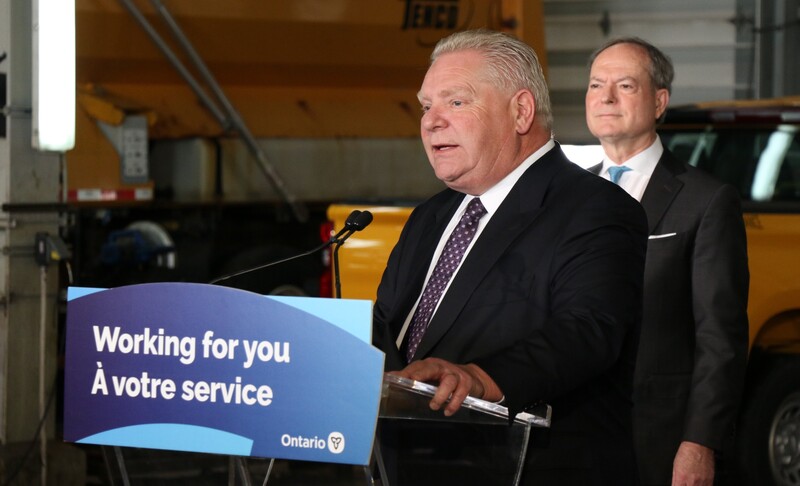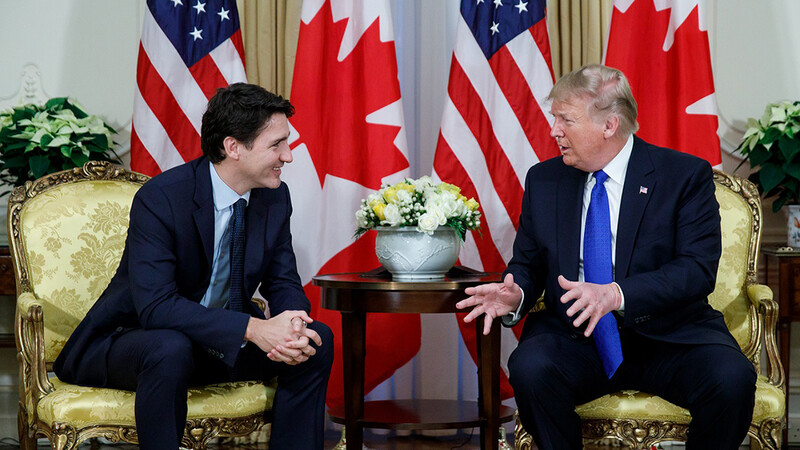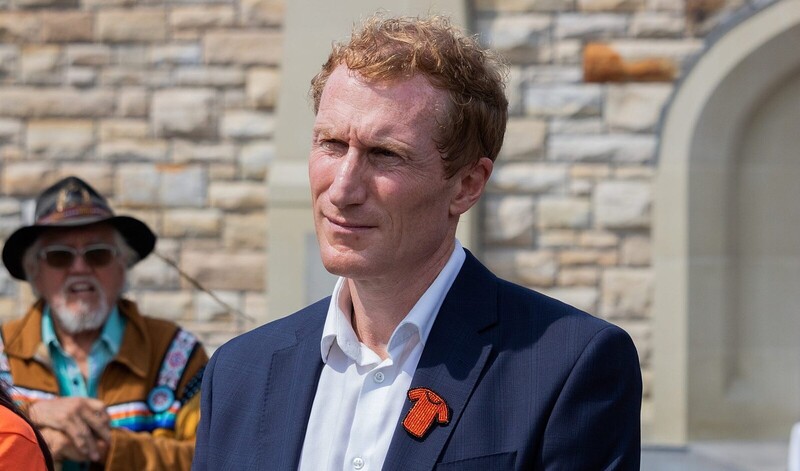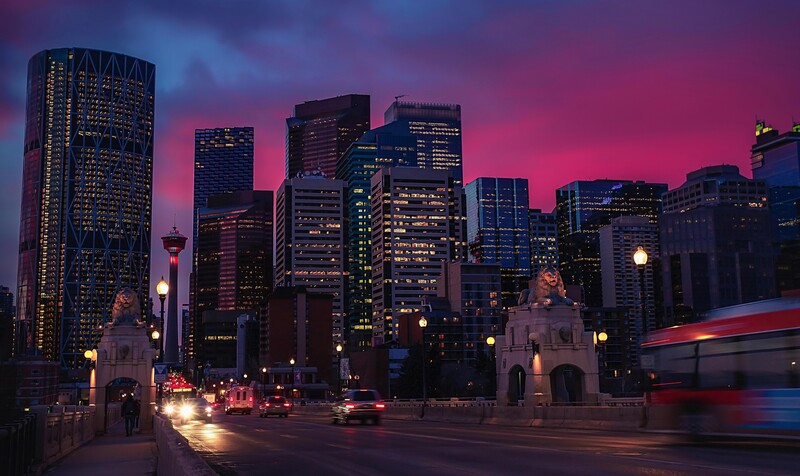Provincial governments. They’re just like us. They tell themselves they're gonna rein in spending and then go, “Hmmm, maybe next year.”
What happened: Canada’s most populous province tabled its budget for 2024-25. Like most provinces, it put balanced books on the back burner in favour of higher spending, planning to operate on a $9.8 billion deficit this fiscal year, which is more than triple last year’s deficit.



.jpg)
.gif)

.jpg)

.jpg)
.jpg)